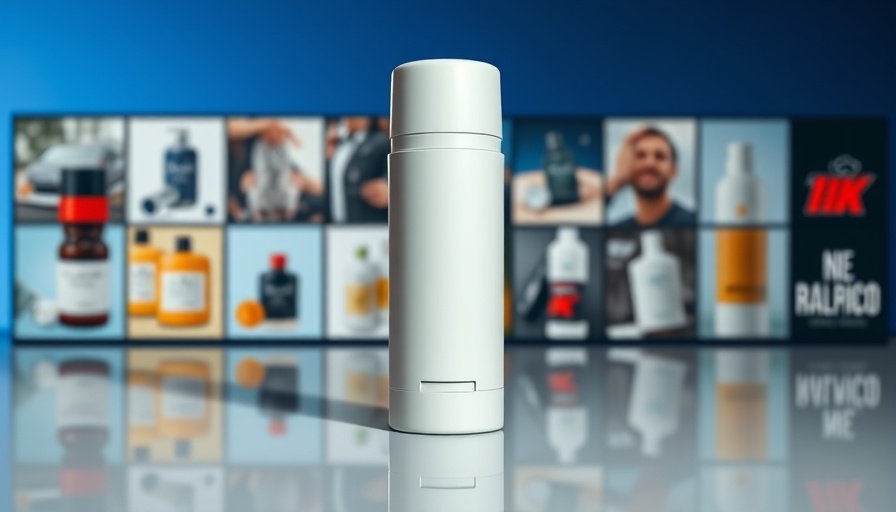
Unleashing the Power of AI in Product Marketing
Unilever is revolutionizing its marketing approach by integrating groundbreaking AI technologies to facilitate product photography. Esi Eggleston Bracey, Unilever’s Chief Growth and Marketing Officer, revealed at Nvidia's GTC Summit that the consumer goods giant now utilizes NVIDIA Omniverse technology to create digital twins of its products, dramatically cutting costs and speeding up content creation.
Understanding Digital Twins and Their Impact
Digital twins are digital replicas of physical products that contain every variant, label, packaging, and language format in a single file. This sophisticated approach allows Unilever to streamline its creative processes significantly. According to Bracey, the new methodology has enabled the company to generate high-quality product imagery at least twice as fast and 50% cheaper than traditional methods. This innovation ultimately frees up marketing professionals to focus on more creative and strategic tasks rather than routine execution.
Remarkable Cost Reductions: A Case Study
The impact of AI on Unilever’s operations is profound. The results from TRESemmé Thailand illustrate substantial improvements, with the brand experiencing an astounding 87% reduction in content creation costs and a 5% increase in purchase intent. Furthermore, the beauty and wellbeing segment, the first to adopt this technology, reports a staggering 55% savings in costs and a 65% faster turnaround in producing content. By maximizing the use of AI in this area, Unilever has created a marketing ecosystem where creativity thrives.
Transforming Content Workflows
The new digital approach has also simplified Unilever's content workflows. Bracey explained how this integration has reduced the number of steps in content creation - moving from an average of five duplicate images per product to a single source of truth. Consequently, Unilever has been able to maintain brand consistency across various platforms while generating content rapidly, which plays an essential role in meeting the demands of today’s fast-paced consumer landscape.
Future Insights: What Lies Ahead for Unilever?
With over 500 AI applications deployed across its business operations, Unilever’s Growth Action Plan 2030 aims to accelerate the company’s innovation trajectory and unlock new creative avenues. The focus now shifts not only to cost efficiency but also to quality content that resonates with consumers. As Bracey said, this isn't merely about producing more content; it's about understanding consumers' desires and crafting narratives that push boundaries and inspire engagement. This mindset prepares Unilever for future challenges in the marketing space, where personalization and resonance are crucial.
Adapting to the AI Era
As businesses wrestle with the implications of AI, Unilever stands as a beacon of transformation. The integration of AI into product marketing not only signifies a shift in strategy but inspires confidence among industry players contemplating how to leverage new technologies for growth. With AI's role expanding in content creation, marketers must reassess their approaches to remain competitive and efficient.
For executives in mid-to-large-sized companies exploring similar technologies, the insights from Unilever underscore the importance of innovation and adaptability in a rapidly shifting landscape. Embracing AI and digital technologies could ultimately be the difference between thriving and merely surviving in today's market.
 Add Row
Add Row  Add
Add 




Write A Comment